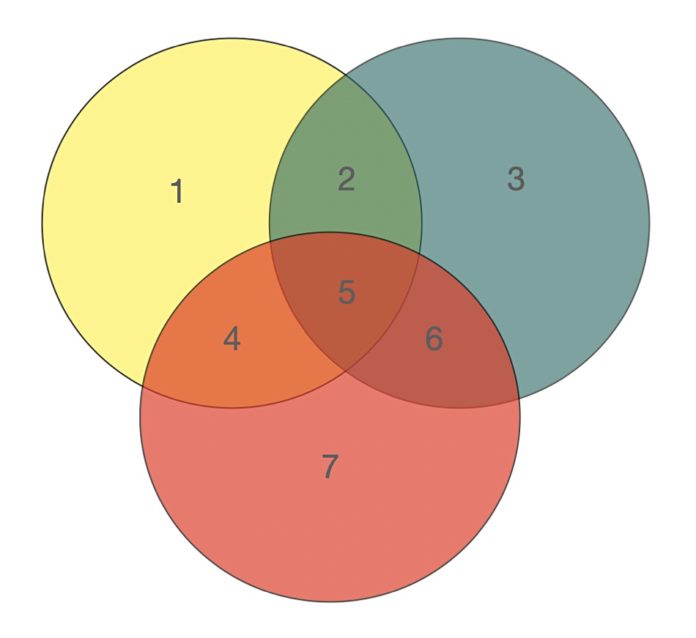Vendia today announced 900 per cent year-on-year revenue growth, a pay-as-you-go self-service pricing plan, and the beta launch of Azure support in Vendia Share — the world’s first serverless service platform for Web3 applications.
Who and what is Vendia and Vendia Share?
The company name comes from Venn diagram, the mathematical figures popularised (but not invented) in the 1880s by John Venn. Venn diagrams illustrate the logical relationships between sets of data. Thus, the company’s intent is to reflect its core mission: helping customers share code and data across companies, clouds, and technology stacks.

Shruthi Rao, CBO and co-founder of Vendia, told us Vendia helps people securely share data across companies and clouds in real time. Enterprises rely on Vendia for data integration, financial settlement, ML training, transaction processing, supply chain solutions and more.
Vendia Share was launched in 2020. BMW uses Vendia’s service to share information about cars being built and shipped with partners across its supply chain. Vendia built a system where inspection information, photos, and videos are collected via a mobile application at each juncture in the supply chain, and stored immutably on Vendia’s multi-party database. BMW can invite partners to connect, regardless what cloud they use, without worrying about infrastructure. Partners can easily integrate with the system without a great deal of IT support.
Vendia is different from traditional approaches because it combines serverless technology with a distributed ledger to allow companies to share data between organisations and their partners, across companies, clouds, regions and different tech stacks.
Traditionally, companies used MuleSoft or other APIs to share real-time data but it was a bilateral mechanism and could only support two parties at a time. If three or more partners were involved — such as BMW and two of its logistics partners all needing to see the latest status of a part — then you would need three MuleSoft pings. Scale this to hundreds of partners and the apparatus quickly gets complicated. Now you need a host of people to build, manage and fine-tune it. Moreover, companies cannot share files — pictures, videos, PDFs, geolocations — with their partners, rendering a complex system like this half-baked.
With Vendia, BMW can create a simple data model for parts, invite the partners with whom it wants to share data and specify fine-grained parameters for each of the partners to control access, visibility and ensure compliance. This entire backend can be set up in minutes once there is a data model defined.
Read more about the news in a Vendia blog.
Note: Before co-founding Vendia in March 2020, Shruthi Rao was running business development for AWS’s blockchain division — including Amazon Managed Blockchain (a productisation of the open source Hyperledger Fabric code) and QLDB (a centralised single-owner database with ledger-like capabilities).








